Overview of the 12th ASCC
The 12th conference aimed to expand the circle of decarbonization to Asian cities with the overall theme of urban decarbonization, and discussed how to achieve an effective decarbonized society and how to create the hopeful cities through decarbonization.
- In collaboration with the Asian Development Bank / Asian Development Bank Institute and World Bank TDLC, the co-organizers of ASCC, 44 international cities and government agencies participated in the conference and shared their decarbonization practices.
- Approximately 30 sessions were held, focusing on the GX sector. Discussions were held by 50 diverse and distinguished speakers invited from Japan and abroad.
- In collaboration with the World Bank and the Asian Development Bank, participants from overseas cities and other organizations held discussions on urban development and business exchanges at exhibition booths. Twenty-three Japanese and foreign companies (from the Philippines and Vietnam) made business pitches in the areas of water business, energy, and waste management.
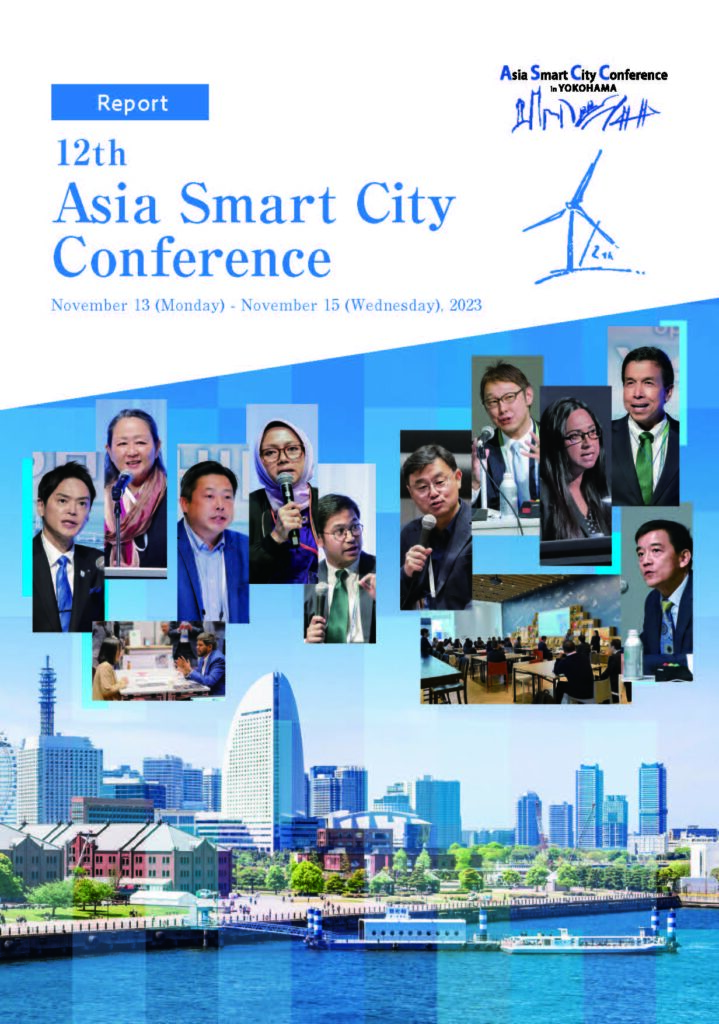
Joint Declaration on Decarbonization by the City of Yokohama and Bangkok Metropolitan Administration of Thailand
- In the presence of 44 global cities and institutions, Mayor Yamanaka, together with the Governor of Bangkok Metropolitan Administration Chadchart Sittipunt, jointly declared a strong partnership with Asian cities for decarbonization.
Download the Yokohama Declaration here.

Conference details
Pre-Conference Events – Nov.13
GX Study Tours for Overseas Cities
Groups from overseas cities will tour the Minato Mirai 21 Area, which is home to the headquarters and R&D facilities of global companies and has been designated as a Decarbonization Leading Area, as well as environmental infrastructure facilities operated by the City of Yokohama (Hokubu Wastewater Treatment Plant).
Day1-Nov.14
11:00-12:30 City Management for Achieving Carbon Neutrality
Cities are vital in addressing climate change and the challenge to limit global warming to 2°C. Over half the global population lives in cities, especially in Asia and the Pacific. Although cities cover just 2% of the land, they produce 75% of global carbon emissions, over 50% of which come from this region. Rapid urbanization requires energy, which exacerbates fossil fuel consumption and thus, climate change. Despite these challenges, climate threat can be an opportunity to adopt low-carbon resilient measures to generate economic benefits, employment, and health improvements. Cities need to adapt and innovate, and to implement appropriate policy reforms to achieve carbon neutrality. This session focuses on measures taken by city governments in the region towards carbon neutrality.
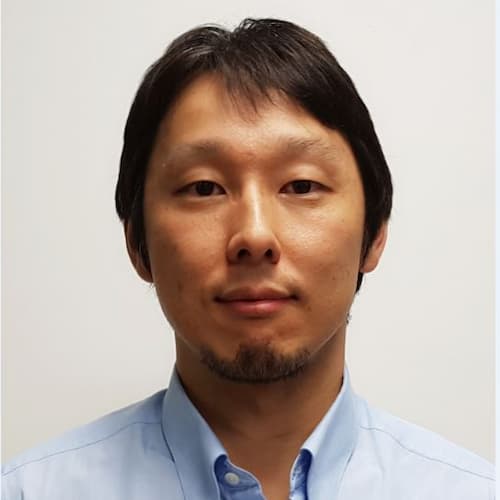
Director, Strategy and Partnership, Water and Urban Development, Asian Development Bank
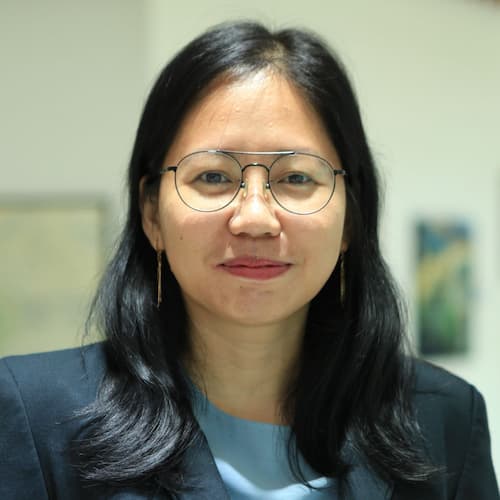
Capacity Building and Training Economist, Asian Development Bank Institute
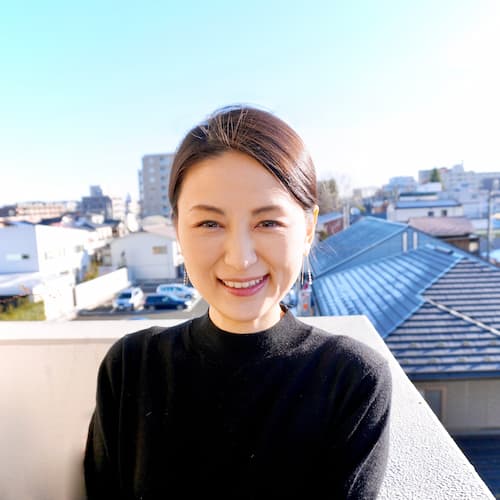
Associate Professor, Center for Spatial Information Science, University of Tokyo
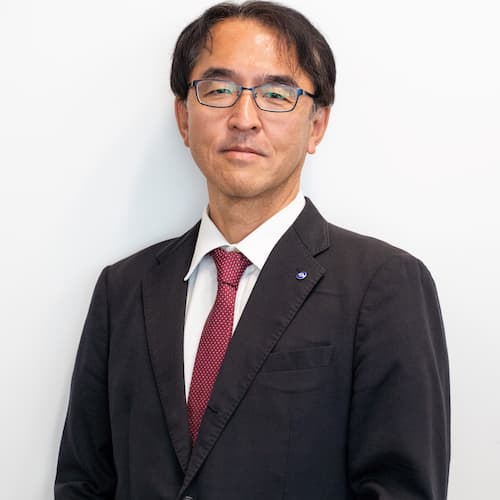
Environmental Energy Division, Environmental Planning Bureau,City of Yokohama
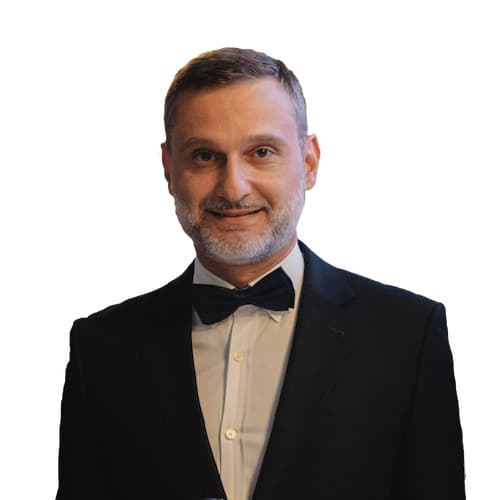
Project Officer, Tbilisi Development Fund
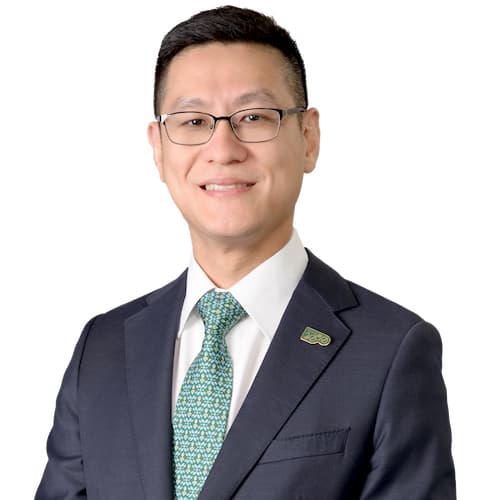
Penang State Executive Councilor for Infrastructure, Transport and Digital (CIC project city)
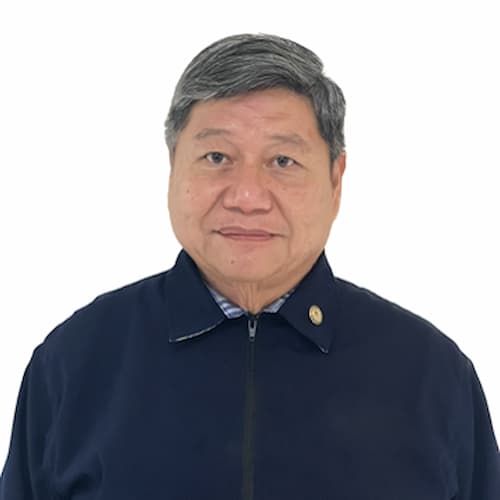
Civil Engineer Environmental Planner, City Planning and Development Coordinator
Cebu, Philippines
11:00-12:30 Presentation of Joint Statement on Urban Challenges by University Students in Yokohama and Abroad
Students will present the results of the joint statement on urban challenges by students in Yokohama and Southeast Asia as part of the IACSC (International Academic Consortium for Sustainable Cities) established by Yokohama City University.
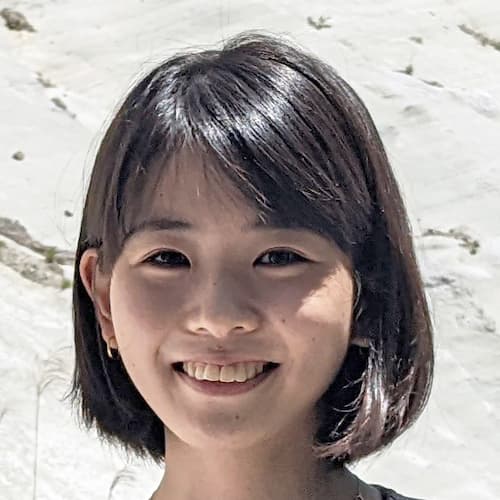
Project Assistant Professor, Global Cooperation Institute for Sustainable Cities, Yokohama City University
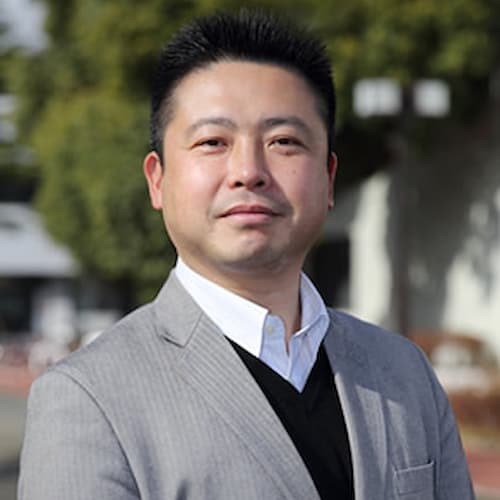
Professor, Yokohama City University
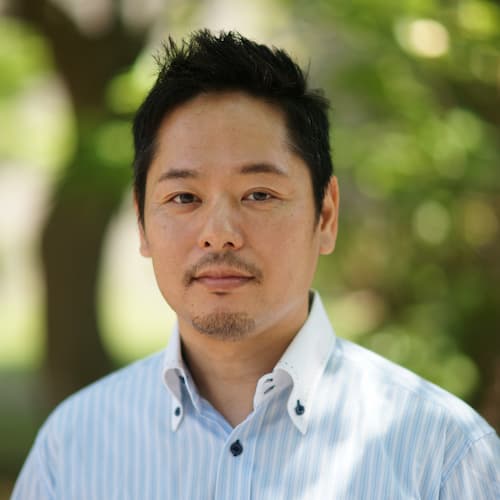
Professor, Yokohama City University Graduate School of Data Science
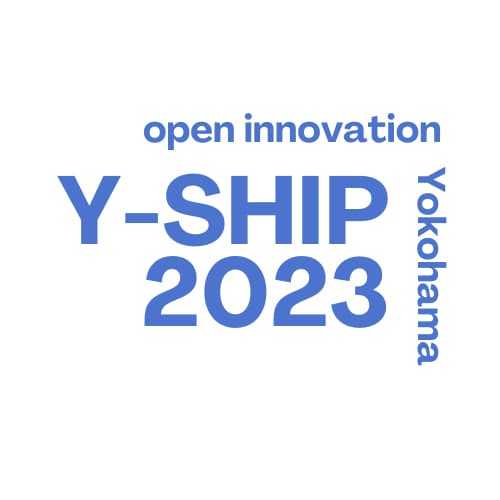
Yokohama City University
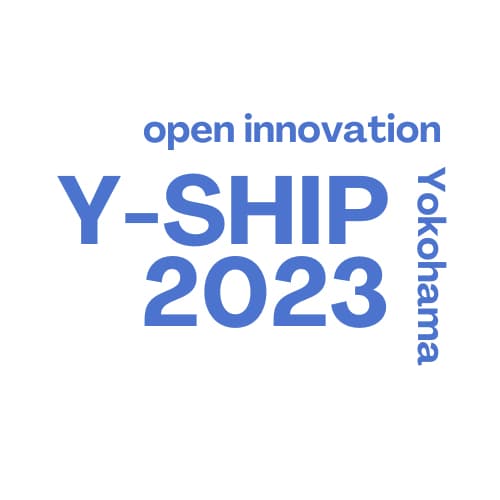
Senior Deputy Director, Team 2, Urban and Regional Development Group, Infrastructure Management Department, JICA
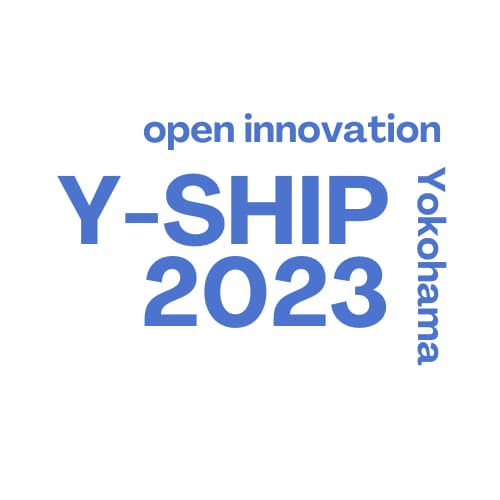
Assistant Director, Team 2, Urban and Regional Development Group, Infrastructure Management Department,
JICADepartment, JICA
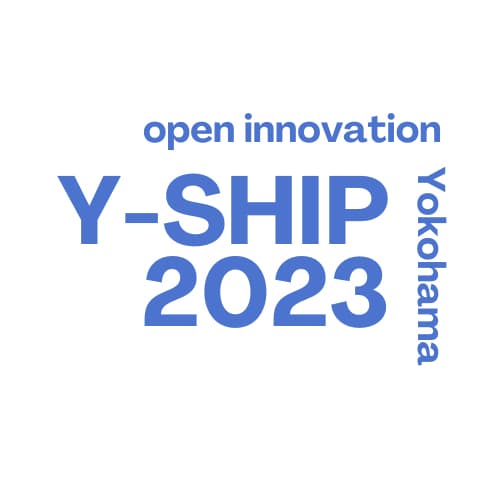
Associate Expert, Team 2, Urban and Regional Development Group, Infrastructure Management Department, JICA
JICADepartment, JICA
13:00-15:30 Designing Livable and Thriving Cities
The World Bank and Asian cities will lead a discussion on urban greening, resilience, and inclusiveness to create liveable cities.
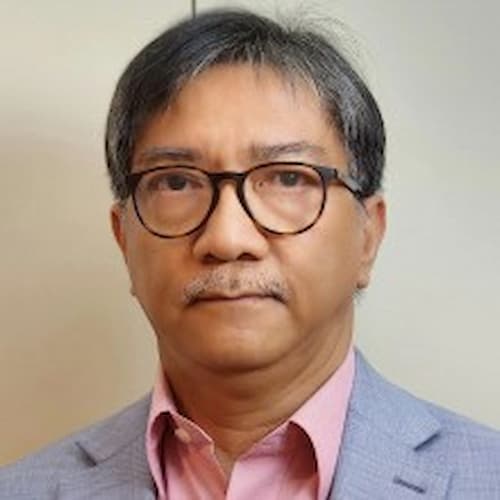
Senior Urban Specialist and TDLC Team Lead, World Bank – Tokyo Development Learning Center
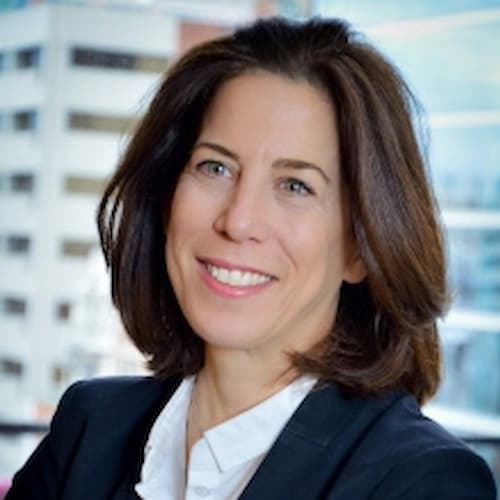
Senior Urban Specialist and TDCL Team Lead, World Bank
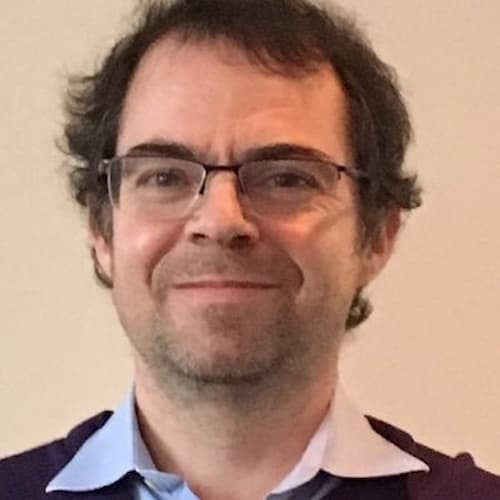
Lead Urban Economist, World Bank
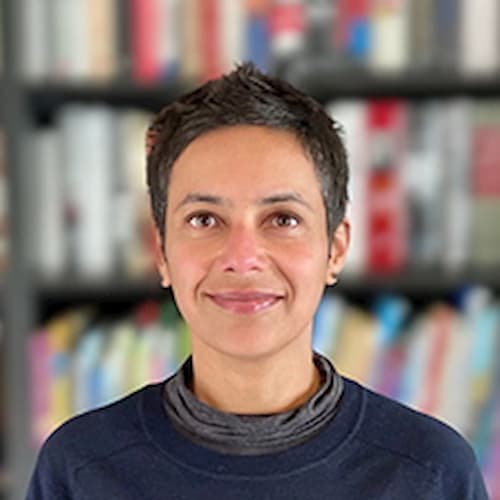
Senior Economist, World Bank
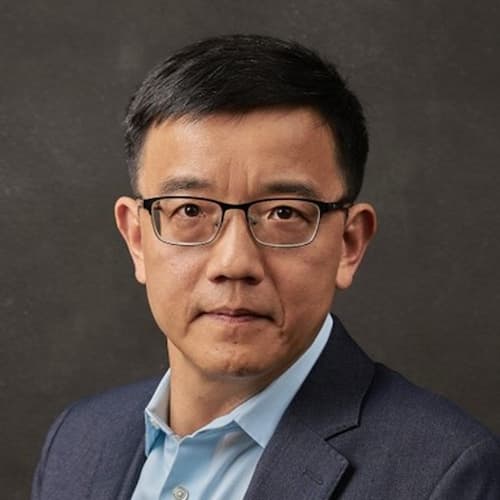
World Bank
Practice Manager for Urban, Disaster Risk Management, Resilience, and Land in the East Asia and Pacific region
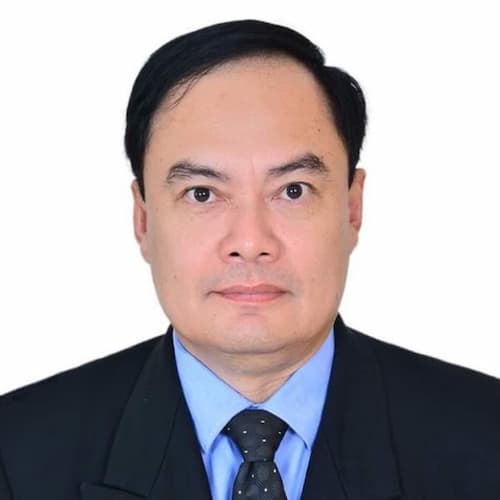
Ministry of Land Management, Urban Planning, and Construction, Cambodia
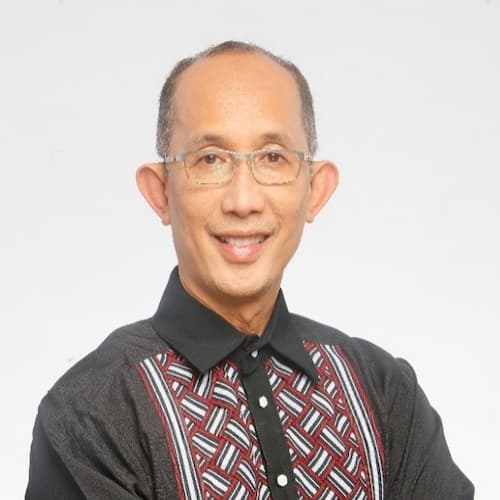
Mayor, City of Baguio

Head of the Development and Planning Agency, City of Makassar
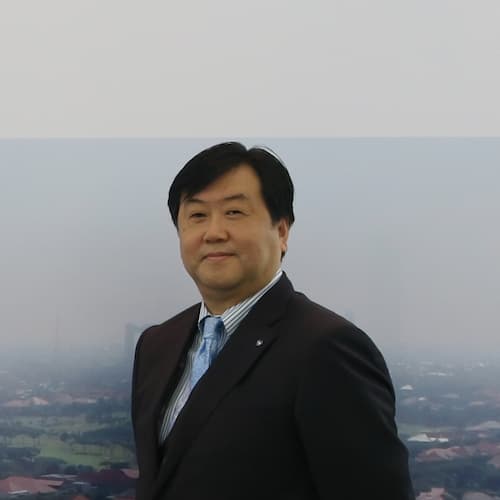
Director General of International Affairs Bureau, City of Yokohama
15:30-17:30 GX Business Networking Event
Companies from Japan and the Philippines will give presentations for business matching in various fields such as energy, water, and waste management.
Company List
AMCON INC.、Geosphere Environmental Technology Corporation、Murata Manufacturing Co., Ltd.、Mikuniya Corporation,、T.K.K. Evolution Co., Ltd.、Tripac Inc.、Netforce International, Inc.、Aqua terra integrated solutions, Inc.、Testech Group、RTI System Automation, Inc. (RSA)、Pacific Spectrum Environmental Research and Consultancy,Inc.
Day 2 – Nov.15
10:30-11:30 Joint Statement on Decarbonization in Asia
City leaders will gather and share their experiences in implementing decarbonization initiatives, allowing them to expand the reach of their efforts.
.jpg)
Mayor, City of Yokohama
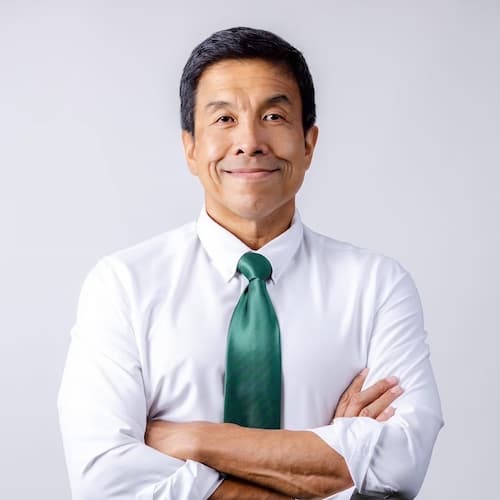
Bangkok Metropolitan Administration
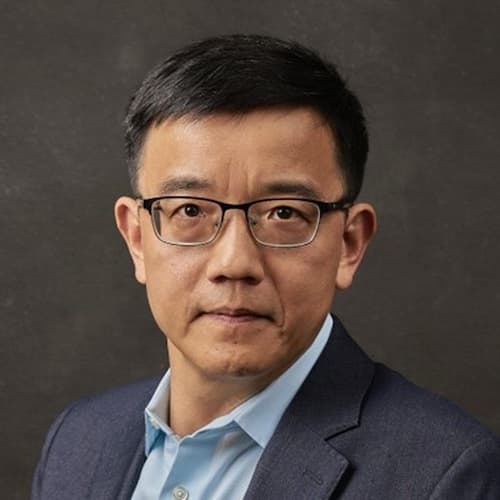
World Bank
Practice Manager for Urban, Disaster Risk Management, Resilience, and Land in the East Asia and Pacific region
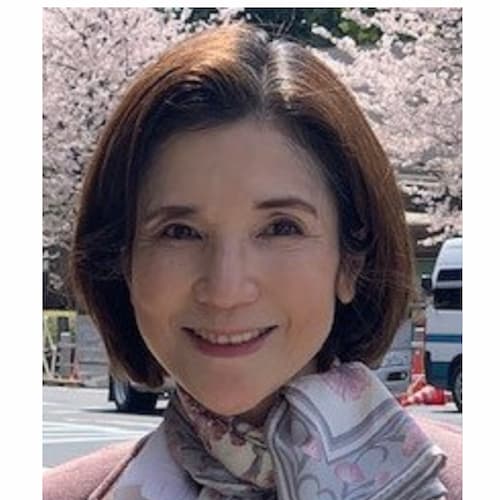
Head, OECD Tokyo Centre
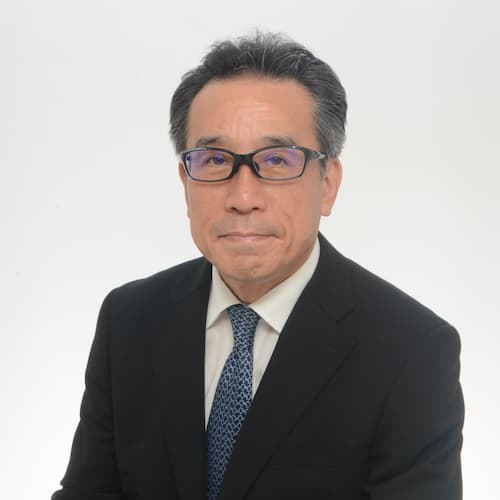
Vice-Minister for Global Environmental Affairs, Ministry of the Environment, Japan
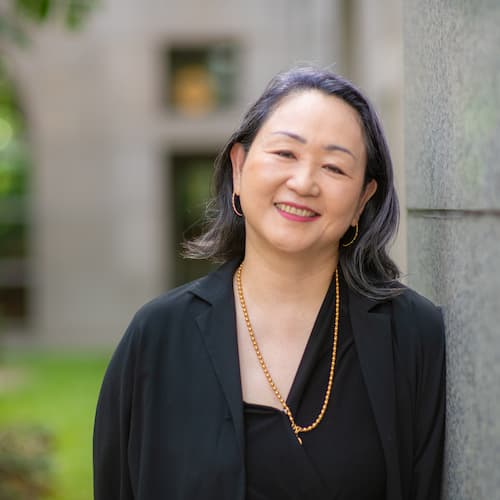
Head, Office of Markets Development and Public-Private Partnership
Asian Development Bank
Message from Mayor of Makati city, Philippines.

Mayor, City of Makati
11:00-12:30 Sharing Policy Best Practices Utilizing Wellbeing Indexes and Public-Private-Academic Partnership
Yokohama will share a city overview based on wellbeing indexes, introduce its metaverse project to support young people through public-private-academic partnership, and data and digitalization-based initiatives to improve residents’ wellbeing.
*This session will only be in Japanese. English interpretation will not be provided.
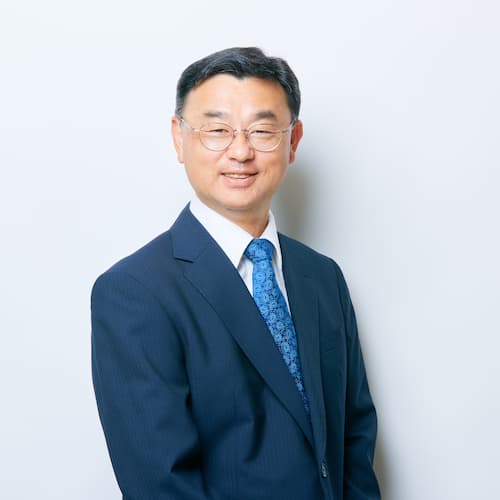
Executive Managing Director, Smart City Institute Japan
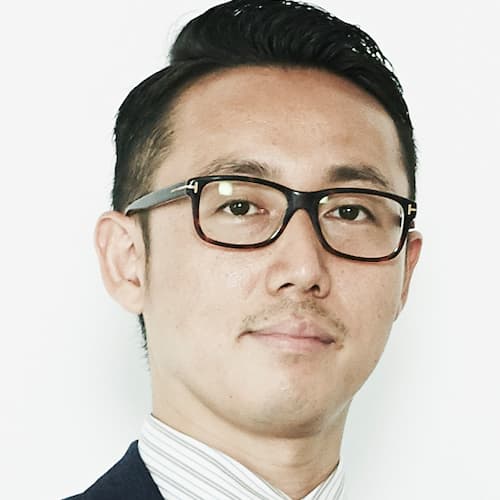
Professor, Graduate School of Data Science, Yokohama City University
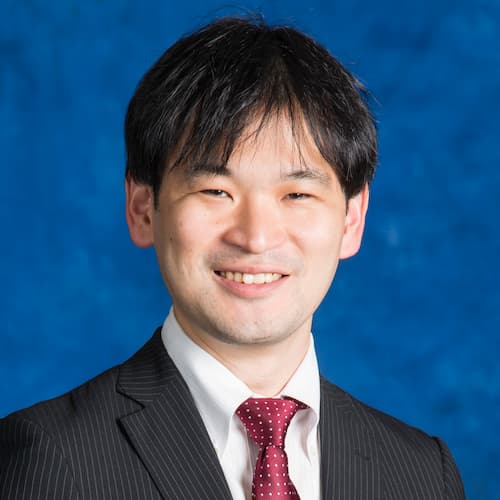
Professor, Graduate School of Data Science, Yokohama City University
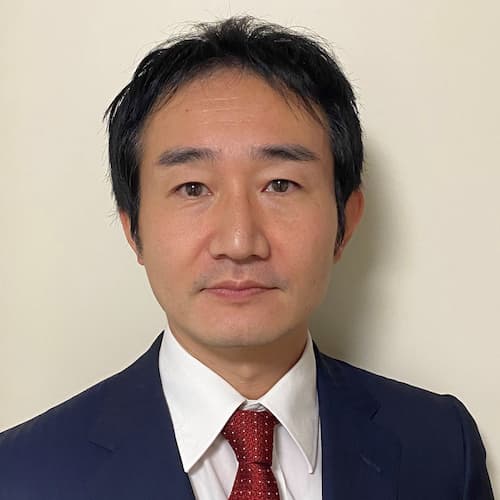
Benesse Education Research Department, Head of the Education Innovation Center
11:30-12:45 Carbon Neutral Lifestyles
Participants in this session will discuss strategies and challenges in promoting the transition to lifestyles centered on decarbonization and recycling, as cities face issues such as aging, natural disasters, and unemployment.
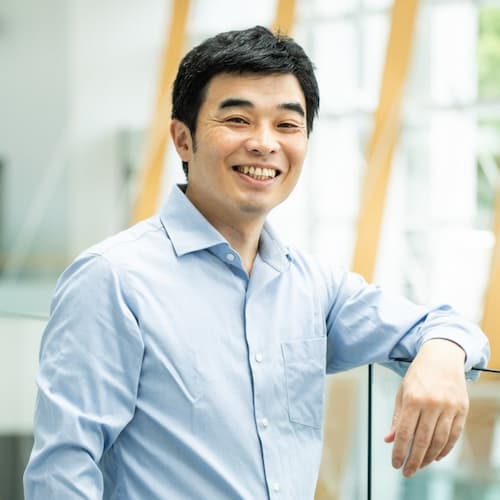
Institute for Global Environmental Strategies
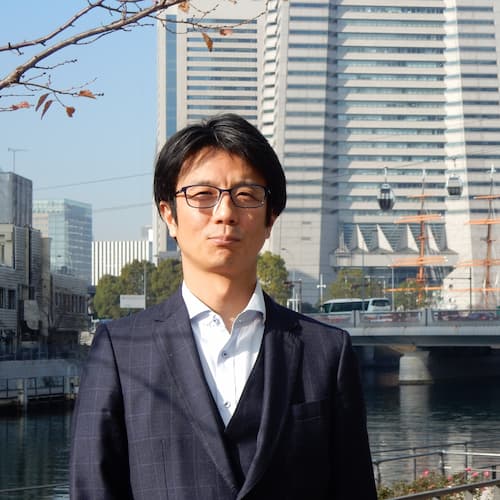
Climate Change Policy Headquarters, City of Yokohama
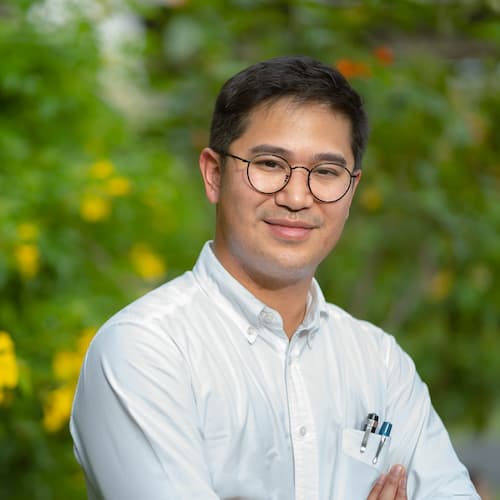
Bangkok Metropolitan Administration
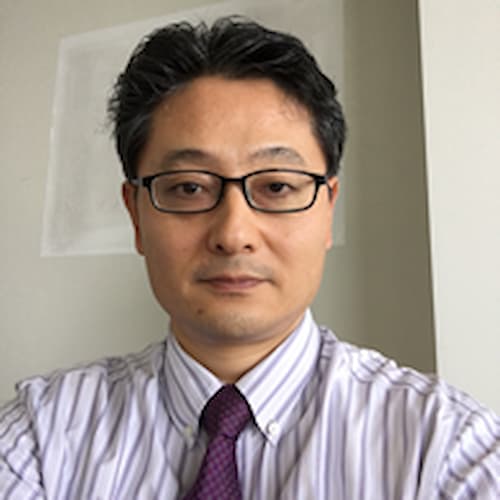
GUUN CO., LTD.
13:00-14:30 Sharing Best Practices for Decarbonization in Urban Development
Participants will share examples from the MinatoMirai 21 district, a decarbonization leading area, and other cities and discuss planning and practices to lead urban decarbonization.
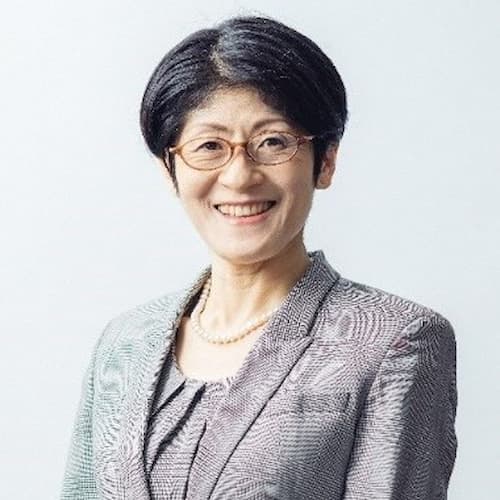
Vice President, Urban Renaissance Agency
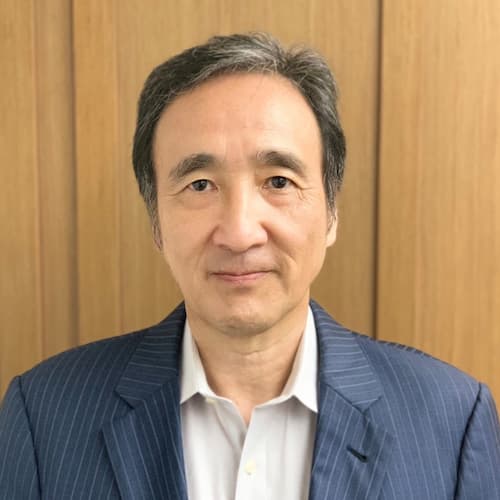
Deputy CEO, Amata Corporation
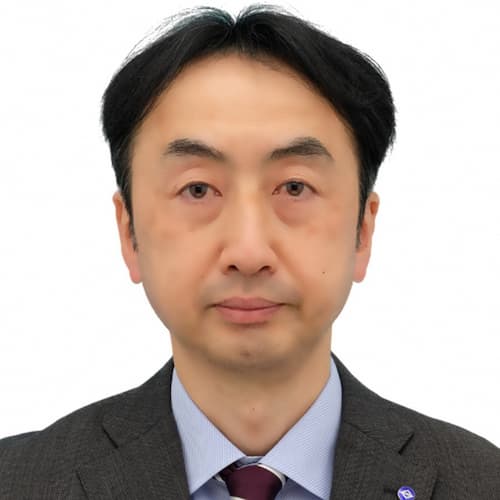
Climate Change Policy Headquarters, City of Yokohama
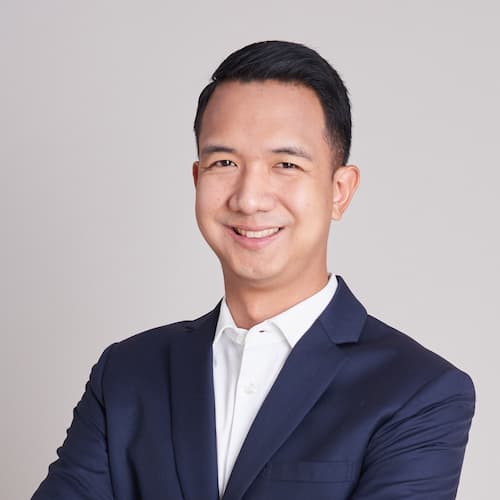
Eastern Economic Corridor

Advisor, YOKOHAMA URBAN SOLUTION ALLIANCE (YUSA)
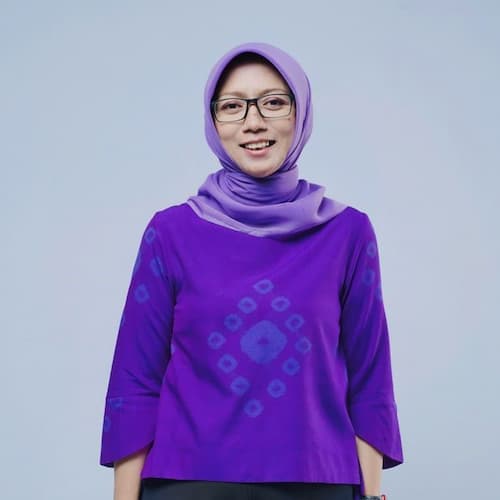
Acting Deputy Minister of National Development Planning of Indonesia for Regional Development, Ministry of National Development Planning (BAPPENAS)
13:00-15:00 Promoting the SDGs through City Networks—Starting with VLR (CityNet SDGs Cluster Seminar)
CityNet member cities, international organizations, private companies, and students will introduce their SDGs and decarbonization initiatives. Participants will also discuss the promotion of the SDGs and decarbonization through the process of VLR (Voluntary Local Review).
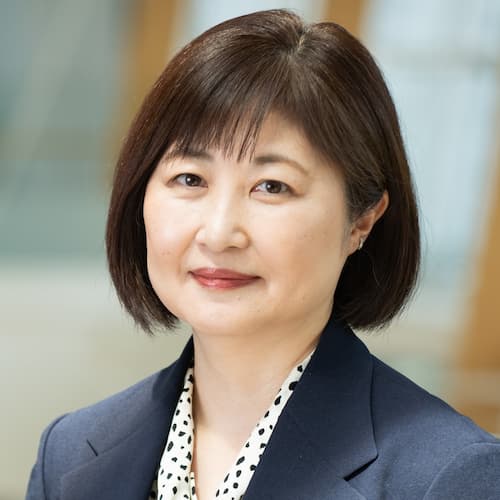
Programme Director, City Taskforce, Institute for Global Environmental Strategies
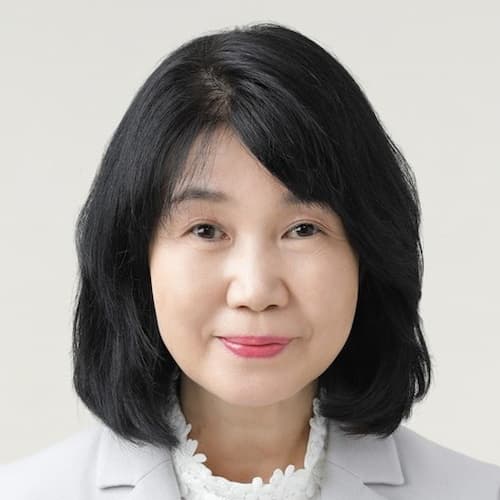
Head of Office,
CITYNET Yokohama Project Office
_写真.jpg)
Economic Affairs Officer, Sustainable Urban Development Section, Environment and Development Division, UNESCAP
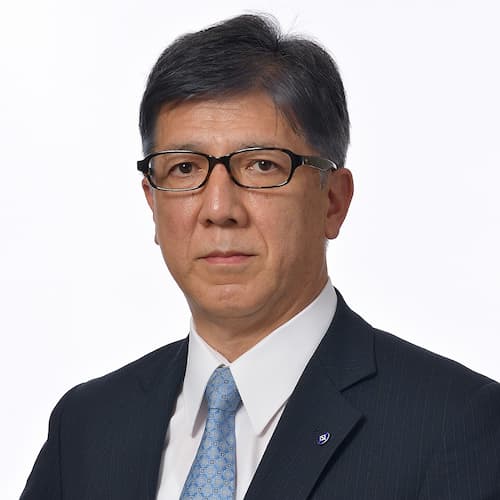
Vice Mayor, City of Yokohama
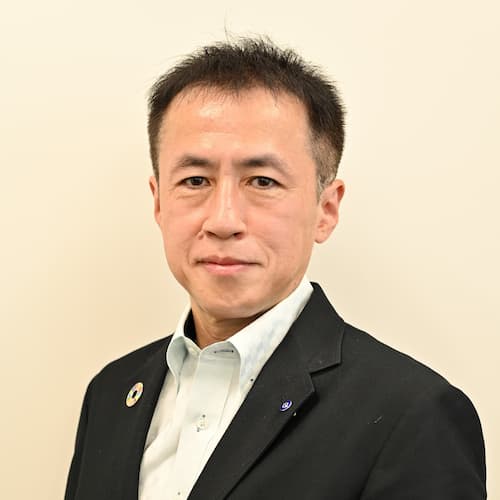
Executive Director for SDGs Future City Promotion Climate Change Policy Headquarters,
City of Yokohama
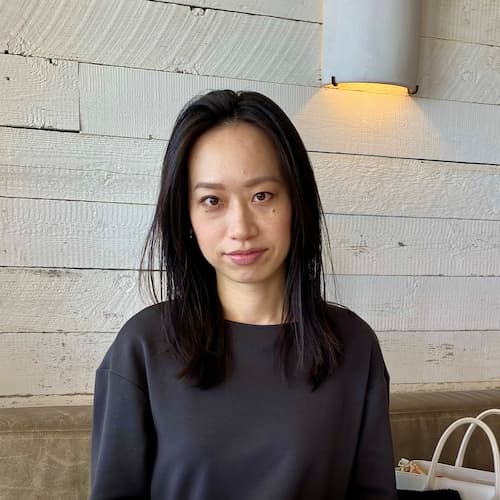
World Horticultural Exhibition Promotion Division, Kamiseya Development and World Horticultural Exhibition, Urban Development Bureau
Promotion Office, City of Yokohama
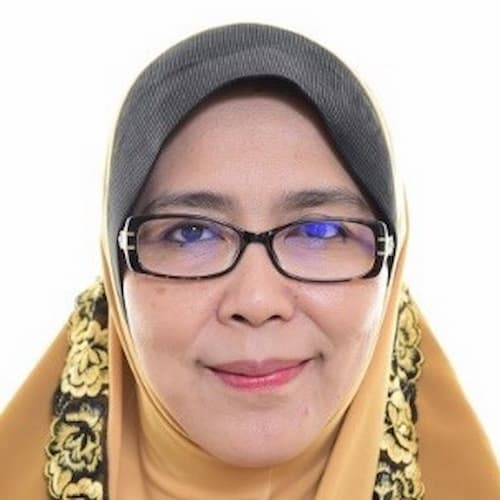
Senior Deputy Director, Administration Department,
Kuala Lumpur City
_写真.jpg)
Vice Director of Department of Planning and Investment,
Da Nang City
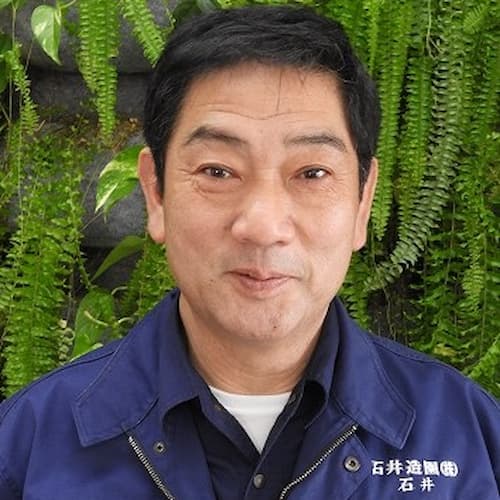
President, Ishii Zouen Landscape Co.,Ltd.
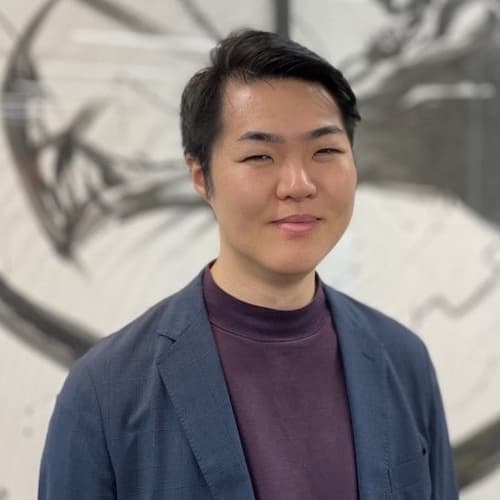
Deputy manager, Overseas administration department,
JFE Engineering Corporation

15:00-16:45 GX Business Networking Event
Companies from Japan and Vietnam will give presentations for business matching in various fields such as energy, water, and waste management.
*This session will only be in Japanese-Vietnamese. English interpretation will not be provided.
Company List
ENERES Co.,Ltd.、 CARBON FREE CONSULTING CORPORATION、STANLEY ELECTRIC CO., LTD.、MURATA Keisokuki Service Co., Ltd.、GUUN Co.,Ltd.、iFORCOM Co., Ltd.
The 12th ASCC details
Date
November 14th, 2023(Tue) and 15th (Wed) : main session and thematic sessions
November 13th, 2023 (Mon): site visit tour for invited cities from overseas
Venue
Pacifico Yokohama North (1-1-2 Minatomirai, Nishi-ku, Yokohama)
Organiser
City of Yokohama
Format
Hybrid (in-person and online)
Details
The list of registered cities (New!)
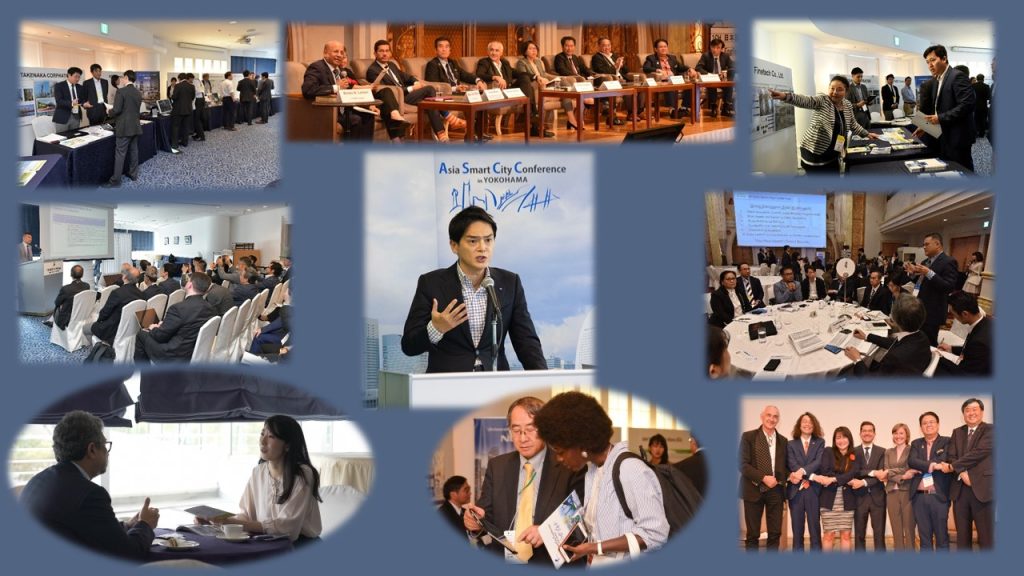
The Asia Smart City Conference (hereinafter referred to as “ASCC”) is an international conference that brings together representatives from Asian cities, national governments, international organizations, academic institutions, and private companies, aiming to discuss on the realization of a sustainable city where economic growth and a favorable urban environment are compatible.
At this conference, representatives from cities will share their vision for growth as well as their current challenges and needs; private companies and academic institutions will propose innovative solutions; international organizations will offer programs to support efforts by cities and private companies; and various knowledge from around the world will be shared. Furthermore, we offer an occasion for participants to find new business opportunities.
This time, for the first time in almost four years, the meeting will be held face-to-face. More information on how to participate in the conference and details of the conference content will be updated on this webpage in the future.
Please click here to see the previous ASCC.
Y-SHIP Convention 2023
The 12th Asia Smart City Conference will be held as part of the Y-SHIP Convention 2023.
The Y-SHIP Convention 2023, is an event where diverse range of people and ideas, including domestic and international companies, come together under the themes of GX, Circular Economy, and Mobility, and where open innovation is fostered.
<Details of the Y-SHIP Convention 2023>
Date
November 13th, 2023 (Monday) to November 15th, 2023 (Wednesday)
※On the 13th, only the city tour for invited cities from overseas will be held.
Venue
Pacifico Yokohama North (1-1-2 Minatomirai, Nishi-ku, Yokohama)
Organizer
City of Yokohama
Format
Hybrid (in-person and online)
Website
https://businessyokohama.com/y-ship-convention2023/
